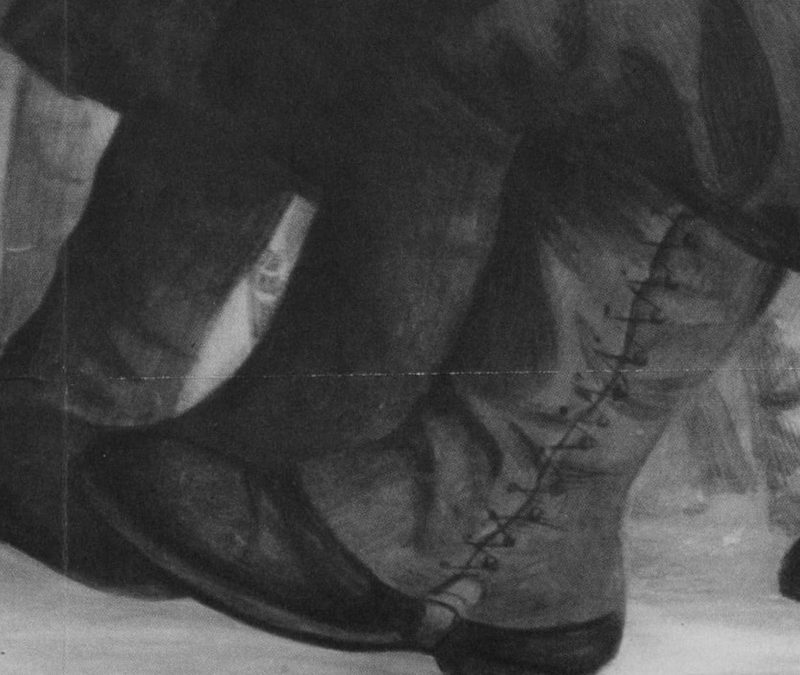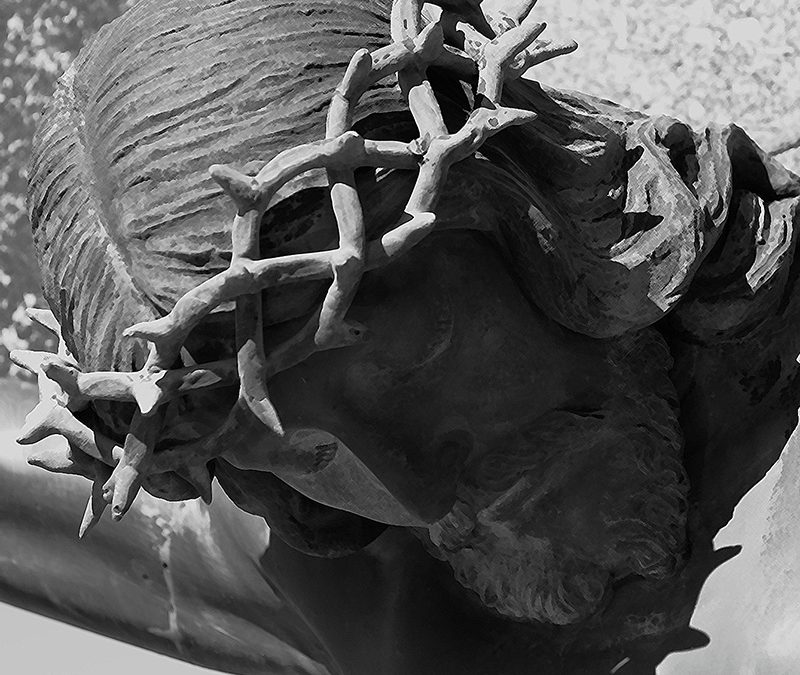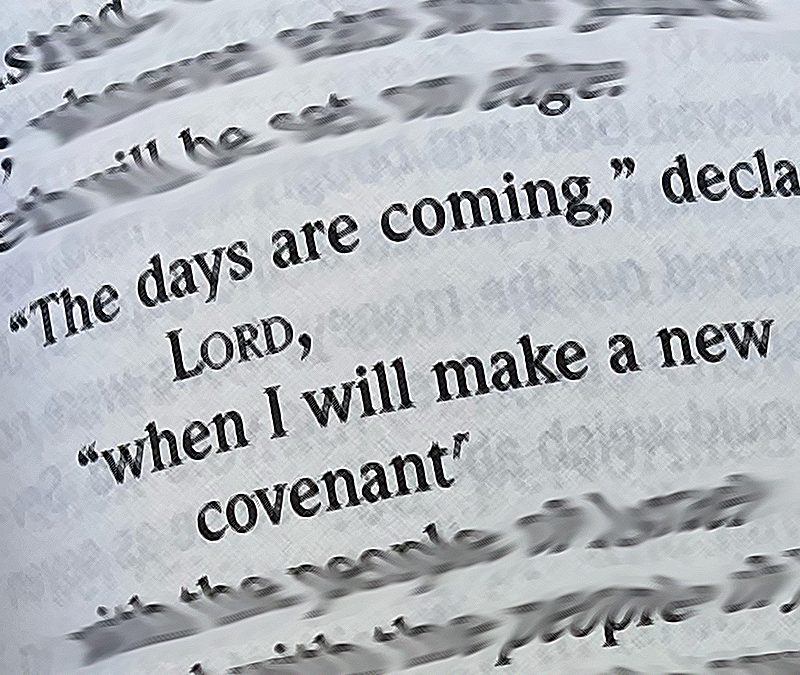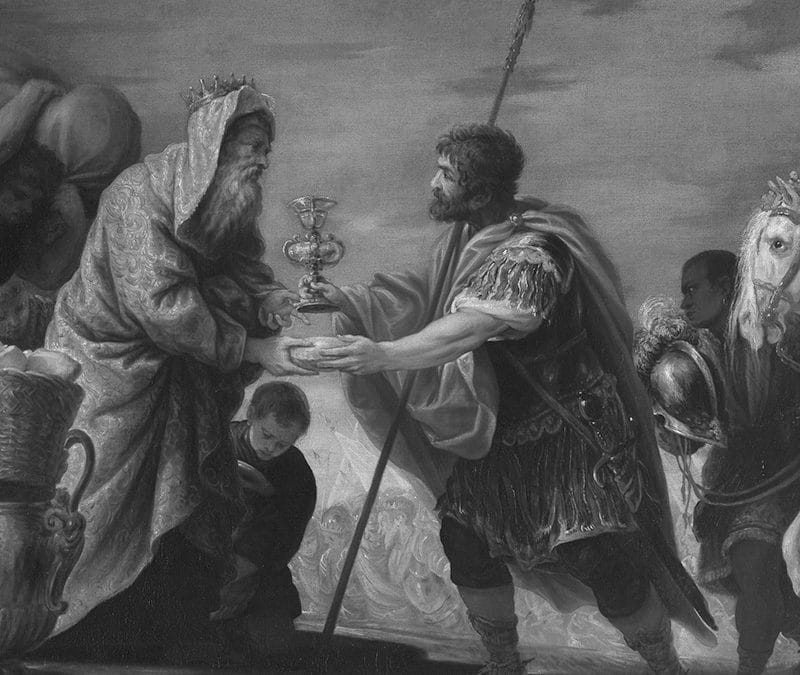Reading Time: 4 minutes
The writer of Hebrews encouraged readers not to give up, to look to faithful examples, and to consider Jesus. Therein we can join the ranks of the faithful.

Reading Time: 4 minutes
The writer of Hebrews encouraged readers not to give up, to look to faithful examples, and to consider Jesus. Therein we can join the ranks of the faithful.

Reading Time: 4 minutes
After spending significant time and space describing why the New Covenant is superior to the Old Covenant, the writer gives what some call the fourth major exhortation of the Epistle.

Reading Time: 4 minutes
Ongoing growth was a challenge for the Hebrew Christians. In this section of the Epistle (Hebrews 5:11–6:12), the writer inserted this aside to exhort people to Christian maturity.

Reading Time: 4 minutes
A heart that becomes hard can all too quickly become unbelieving. A hard heart can test the Lord, but an unbelieving heart can cause a person to turn away from God.

Reading Time: 4 minutes
Under the Old Covenant, priests would bring animals to the tabernacle and sacrifice them. By contrast, the Messiah not only administers the sacrifice, he is the sacrifice.

Reading Time: 4 minutes
This text (Hebrews 8:1–9:10) is at the heart of the writer’s argument about how the high priesthood of Jesus interfaces with the old and New Covenants.

Reading Time: 4 minutes
As the writer moved his argument along about Jesus’ priesthood and New Covenant, Melchizedek became the perfect type of Christ in the Old Testament to connect some interpretative dots between Jesus and his non-Aaronic tribe.

Reading Time: 4 minutes
No one can simply decide they want to be a priest, let alone the high priest. God alone can do this. Not even Jesus just showed up and expected to serve in that office. He needed to be designated by God—and he was.

Reading Time: 4 minutes
Jesus experienced the full weight of what it meant to be human. His humanity and suffering qualified him to be a high priest. His death paid the punishment for sin. His temptations gave him compassion for those tempted.